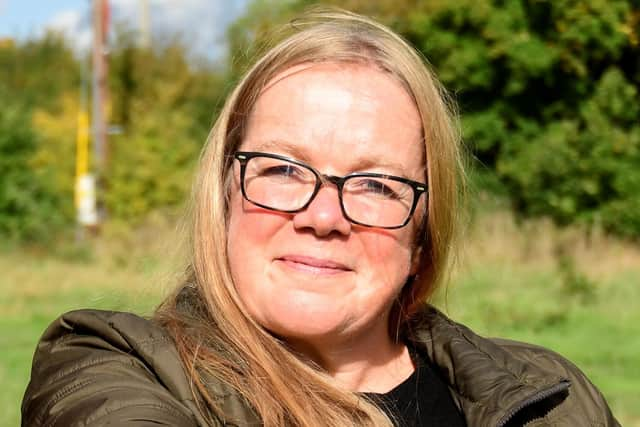Our natural world is in crisis, the attack on nature must stop now – Emma Marsh, RSPB
Our natural world is already in crisis and time to change the path we are on is fast running out. We need to act now to restore nature, halt biodiversity declines and repair the damage done. Yet in recent weeks we have seen the UK Government launch an unprecedented attack on nature and the laws that protect it.
In a bid to do away with EU-derived legislation by the end of 2023, the UK Government’s Retained EU Law Bill would see crucial environmental laws scrapped or amended. These include the Habitats Regulations, which protect some of the most vulnerable wildlife and important green places across England. Hundreds of other laws are also under threat, including those designed to ensure clean water in our rivers and seas. Everyone should have access to clean bathing waters, yet news reports this summer highlighted once again the damage that sewage and pollution continue to inflict on our waterways and beaches.
Advertisement
Hide AdAdvertisement
Hide AdOver the past 30 years the Habitats Regulations have been crucial in protecting nature, steering development away from our most important wildlife habitats and safeguarding some of our most vulnerable species. In Yorkshire, Special Protection Areas (SPAs) and Special Areas of Conservation (SACs), including parts of the South Pennines and Yorkshire Dales, around Bempton Cliffs and Flamborough Head, and in the Lower Derwent Valley, play a vital role in protecting our wildlife and sensitive habitats. The Habitats Regulations ensure the impacts of any planned development affecting these areas are taken into account.


These laws have been central to protecting wildlife and habitats along the Humber Estuary – one of the top six estuaries in the UK for migratory birds. It is thanks to the Habitats Regulations that mitigation plans are in place to create a network of wetland sites designed to offset negative impacts of development in the area.
Successive Conservative governments have reviewed this legislation and decided it doesn’t get in the way of growth, the laws just need to be applied better. But moving forward with the Retained EU Law Bill puts these vital wildlife protections at risk and threatens nature’s recovery.
A recent Treasury report concluded that economic growth is dependent on a healthy natural environment. What we need is green growth, that starts by building on the legislation we already have to protect nature. This is why we are just as concerned about a separate scheme to create new ‘Investment Zones’ in England.
Advertisement
Hide AdAdvertisement
Hide AdEarlier this month the UK Government invited councils across England to express interest in having these zones. North Yorkshire County Council, South Yorkshire Combined Authority, East Riding of Yorkshire Council and West Yorkshire Combined Authority were among those putting potential zones forward. The plan involves “liberalising planning frameworks to encourage rapid development” – an undefined relaxation of planning rules that we believe could constitute another massive threat to our already depleted wildlife.


A new payments scheme that would have supported farmers and landowners to enhance nature, create space for rare species and habitats, and use their land to absorb carbon and work towards net zero is now also set to be reviewed. Five years of hard work has gone into shaping the new Environmental Land Management schemes (ELMs), schemes we believe would be fundamental to achieving long-term food security as well as having a healthy natural environment. About 72% of UK land is managed for agriculture. As a result, our ability to successfully restore nature hinges on creating a system that rewards farmers for managing land in a way that enables the sustainable production of healthy food and supports the natural environment.
Some have been surprised by the strength of our reaction to these announcements, but the scale of these threats demands nothing less.
We are not prepared to see the onward decline of nature, and frankly, we have had enough. Our next leader must heed the anger voiced by nature lovers across the country – people from all walks of life who are ready to unite to protect wildlife and the green spaces they love. More than 100,000 of our own supporters have written to their MPs in recent weeks to express their fears and concerns. Together we will make our voices heard – it is time for the UK Government to switch to listening mode.
Emma Marsh is an executive director of the RSPB, the nature conservation charity.